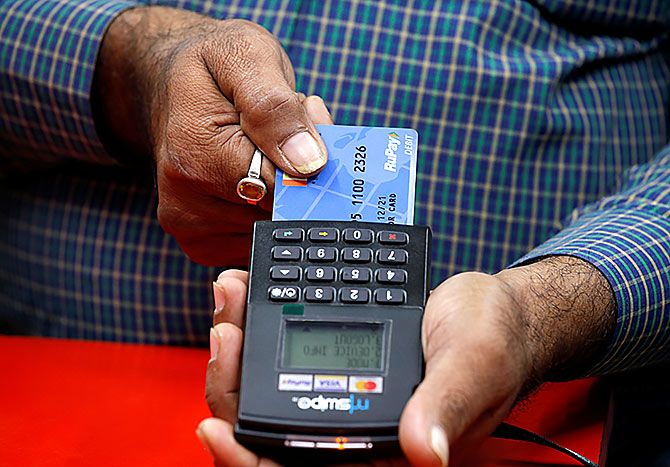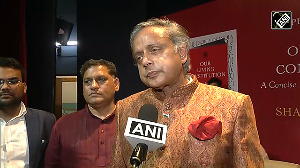Debit card payments remained sluggish due to the surge in digital transactions after the pandemic, and the Unified Payments Interface (UPI) has emerged as the most popular mode of money transfer, particularly for small value transactions, according to RBI data.

In July 2020, the total debit card spends stood at Rs 2.81 trillion, as compared to Rs 3.15 trillion in July 2023, reflecting a growth of 11.96 per cent.
UPI spends have seen a whopping growth of 428 per cent, zooming from Rs 2.90 trillion to Rs 15.33 trillion during the same period, the data revealed.
“The increased usage of UPI for micro transactions due to the convenience has caused a serious dent in the debit card usage with customer preference undergoing a shift,” said Sunil Rongala, senior vice-president, head of Strategy, Innovation & Analytics, Worldline India.
In August this year, UPI transactions hit Rs 10 billion for the first time in a month.
Monthly UPI payments in value terms are now clocking at more than Rs 15 trillion.
In July 2020, banks issued 852.35 million debit cards.
Three years later, that number has touched 970.74 million, indicative of the flat growth trajectory.
This was due to the Pradhan Mantri Jan Dhan Yojana (PMJDY), which gave account holders a debit card during the opening of a Basic Savings Bank Deposit Account.
“A multi-fold increase seen in UPI transactions in the past decade is driven primarily by an increased user base due to higher penetration seen towards rural India.
"This was also supported by the expanding account base in terms of linkage with savings accounts, Rupay credit cards and current accounts, no additional cost on transfers, hassle-free transactions and the increased internet and smartphone penetration,” Aniket Dani, director of Research, Crisil Market Intelligence and Analytics.
With the government attaching an increased importance to digitisation, the growth in UPI transactions is likely to continue with transactions expected to touch 20 billion per month over the next 18 months.
“Over time, P2M (person to merchant) transactions will drive UPI transactions growth and it will be no surprise if UPI transactions hit 20 billion a month in 18-24 months,” Rongala added.
Meanwhile, credit card usage continues to remain buoyant, with spending rising to a record high of Rs 1.45 trillion in July 2023 as compared to Rs 0.45 trillion in July 2020.
“In order to avail benefits in the form of rewards, cashback or discount, more Indians may have started putting their big-ticket and mid-sized spends such as travel, dining, groceries, and shopping on their credit cards instead of paying in cash.
"The rise of co-branded credit cards may have also contributed towards driving the growth of credit cards,” noted Rohit Chhibar, head of Credit Cards, Paisabazaar.
Bankers have observed a significant change in the spending patterns among Indians after the pandemic.
Parag Rao, country head -- Payment Business, Consumer Finance, Technology and Digital Banking & Marketing, HDFC Bank recently talked about ‘revenge spending’ among Indians post pandemic, which the bank is trying to cash-in.
“To address the growing demand for credit cards, banks are also coming up with credit cards that help the users save on everyday categories like groceries, shopping, utility bill payments and fuel.
"They are also increasingly entering into tie-ups with established brands to offer benefits to loyal consumers, and we expect more such collaborations to drive credit card growth.” Chibbar added.
The growth in UPI spends is expected to expand further in the medium term with a large user base yet to join the platform.
The main challenge in the trend is the continuous reliance on cash, which still contributes to a significant portion of customer transactions.
“The key challenger to the growth of UPI will be liquid cash. India can be a less cash economy, but it can never be a cash-free economy. Debit cards will not completely vanish, but they will continue to hold their own place in the market,” Rongala added.












